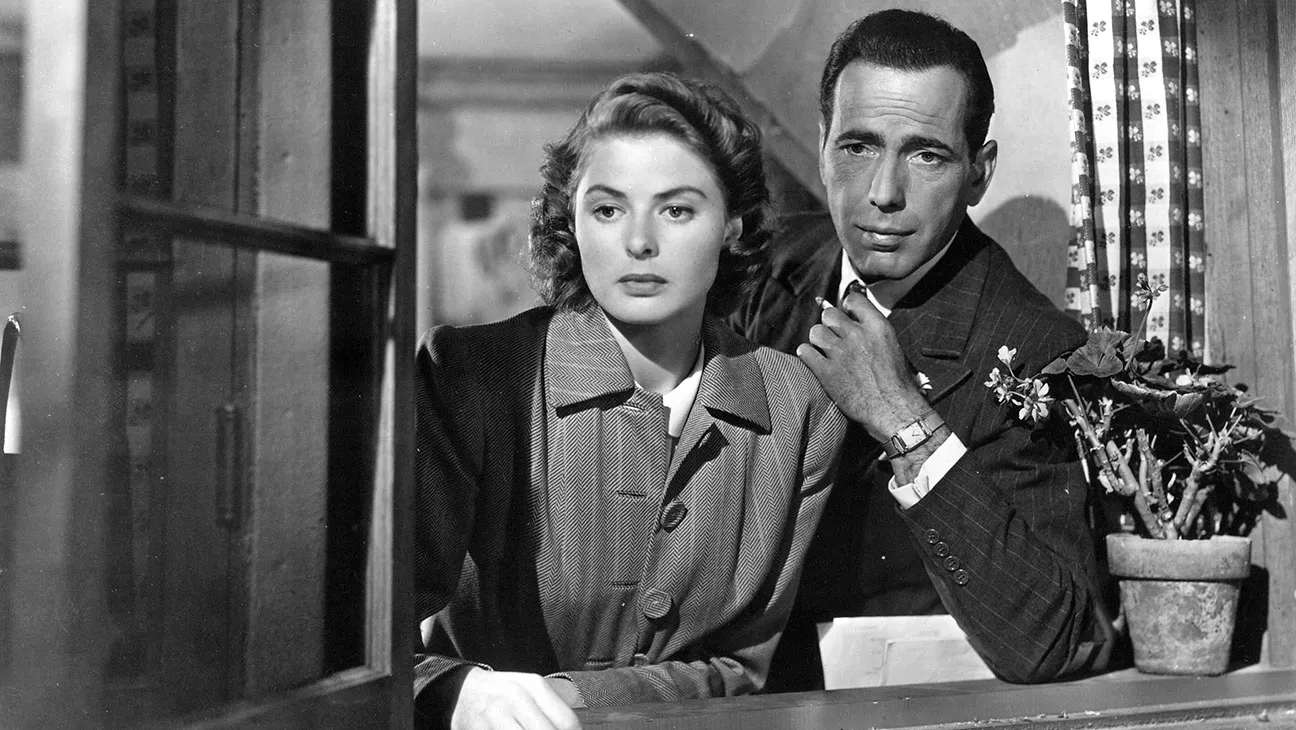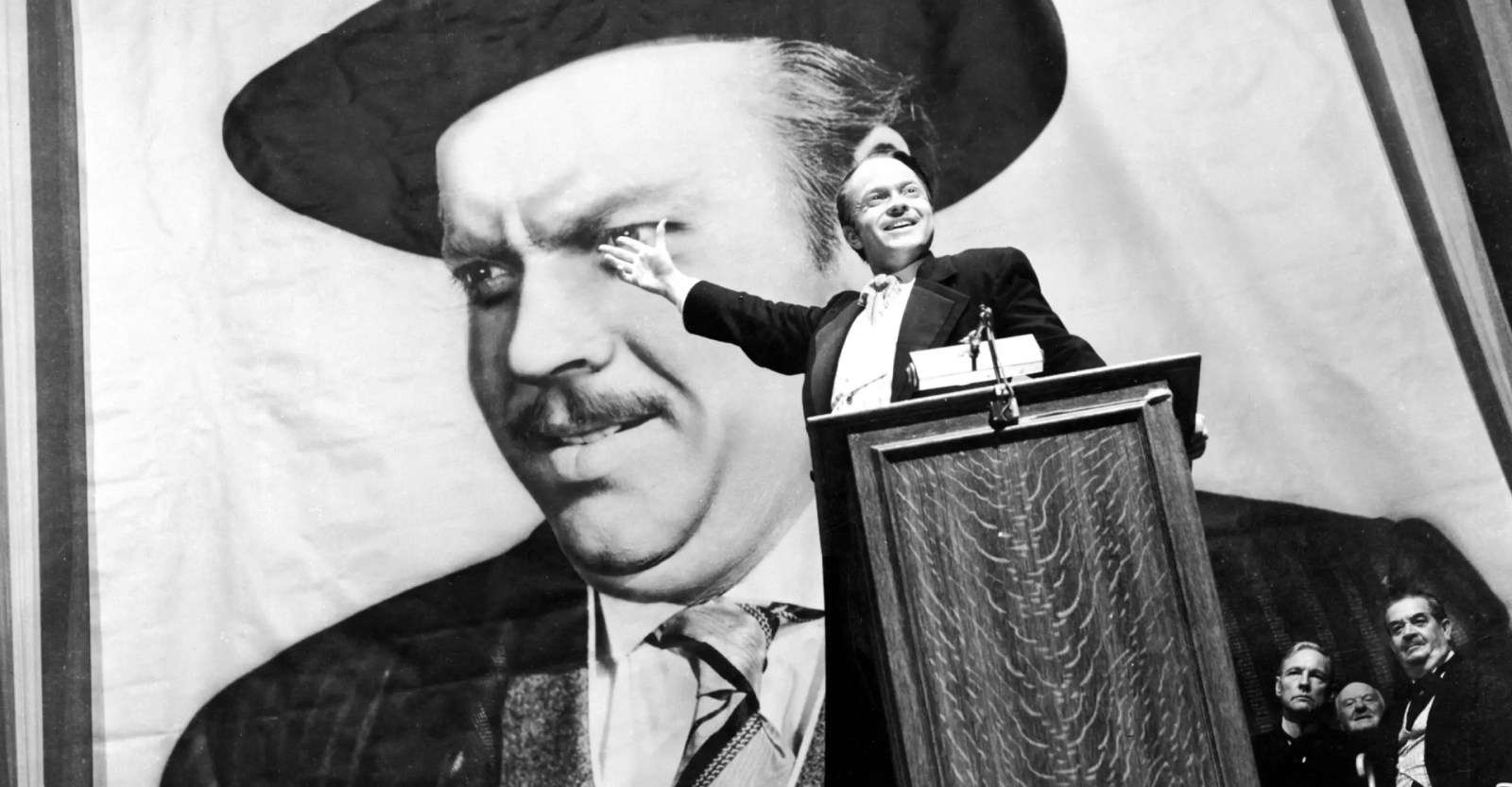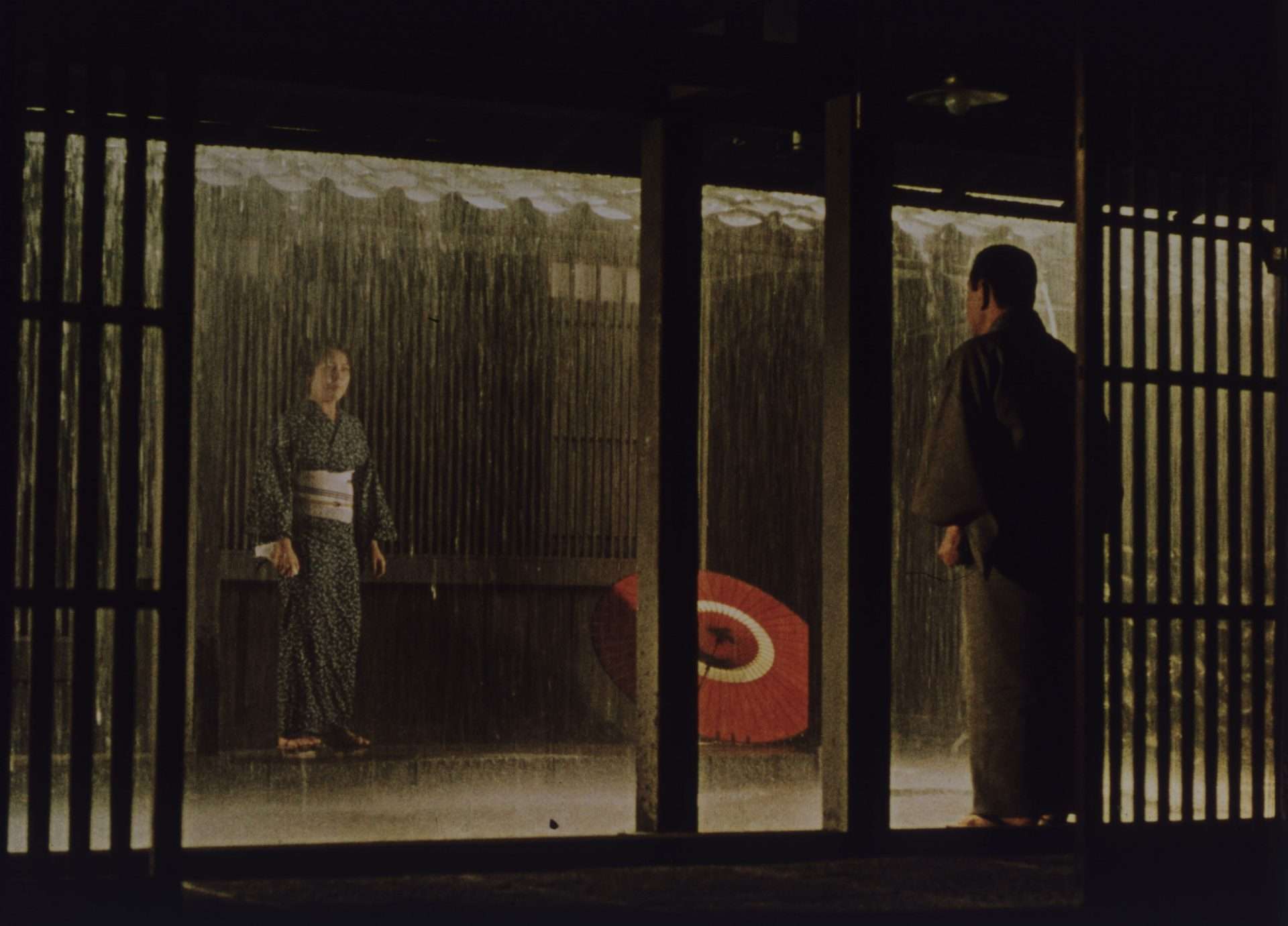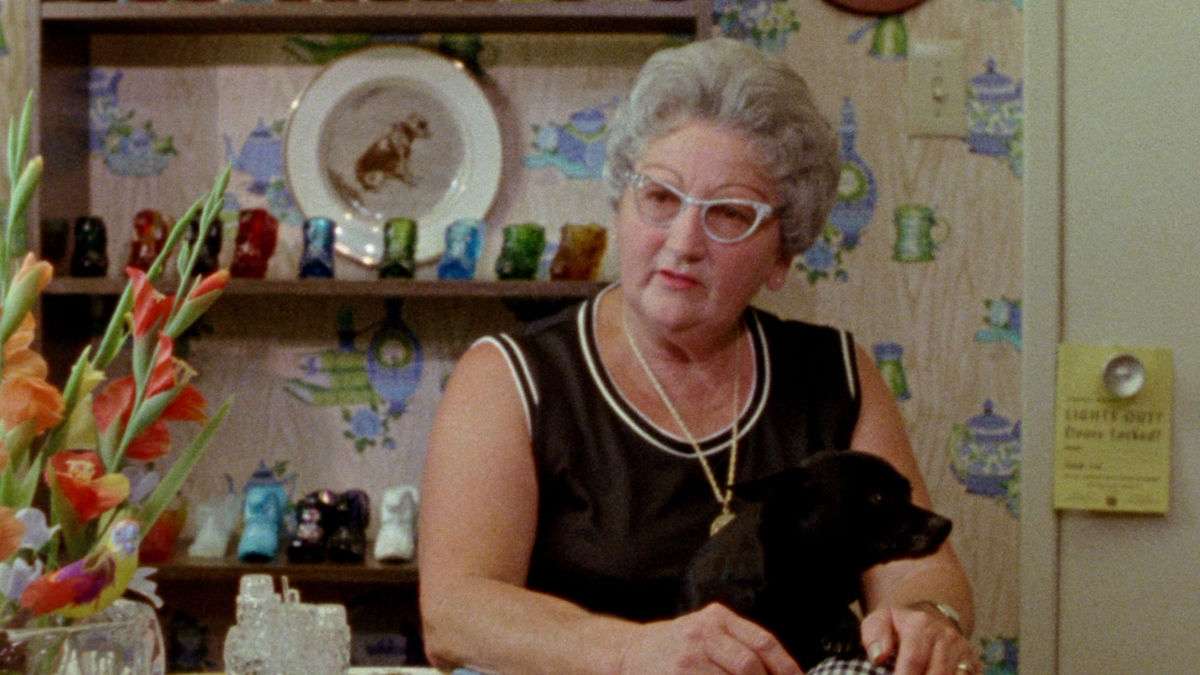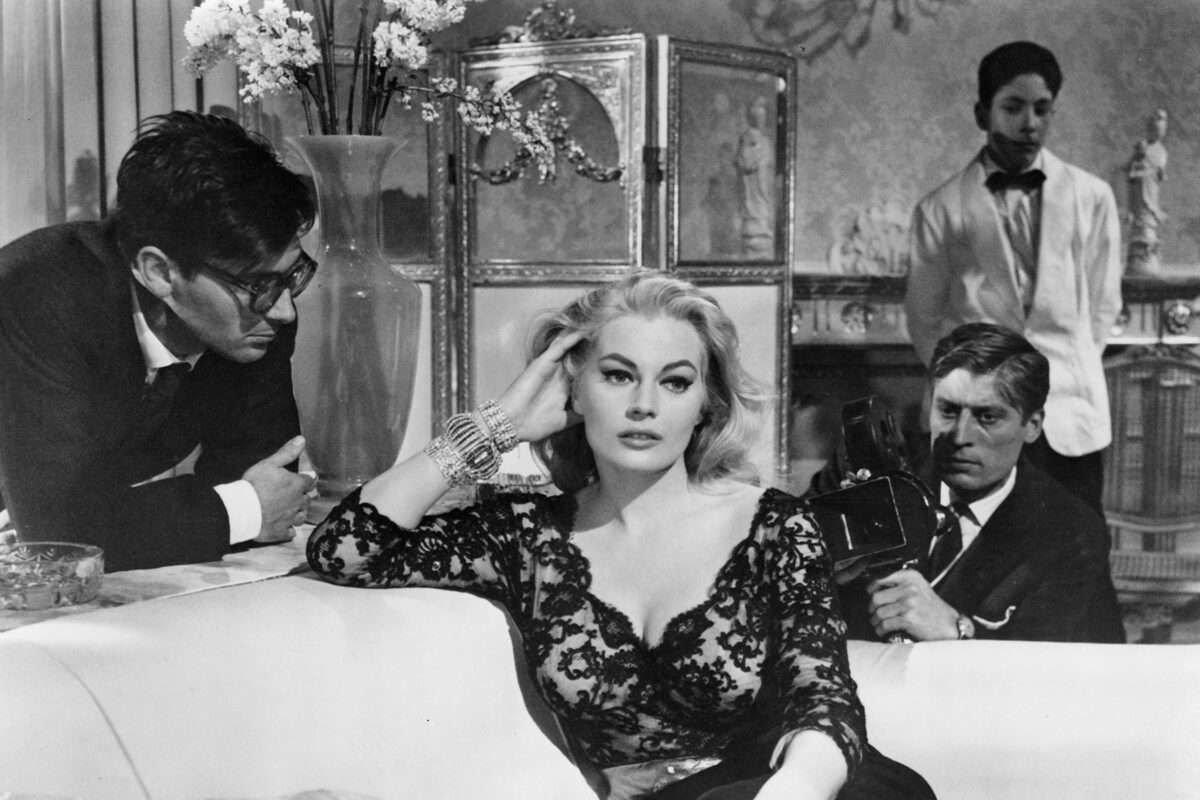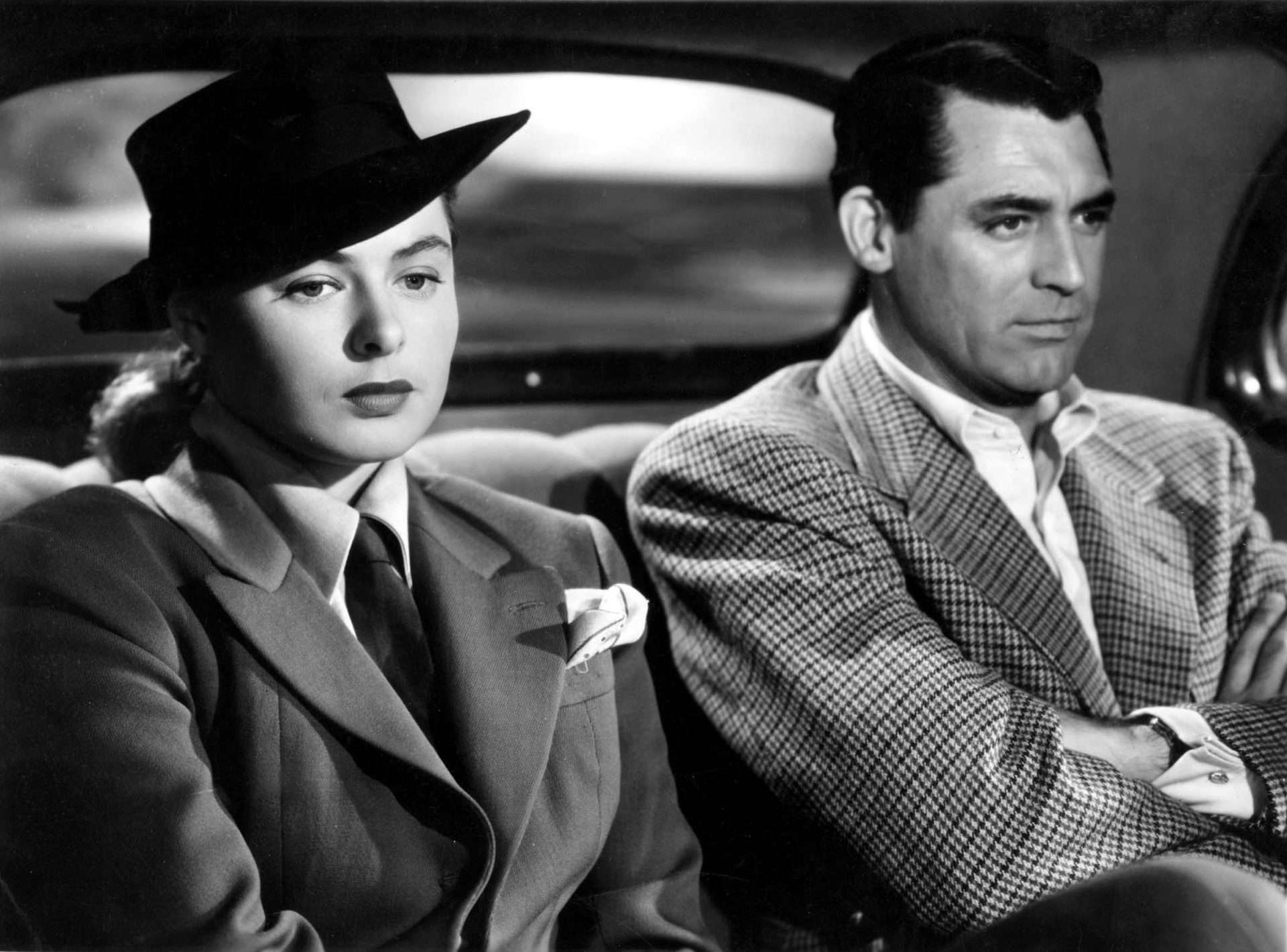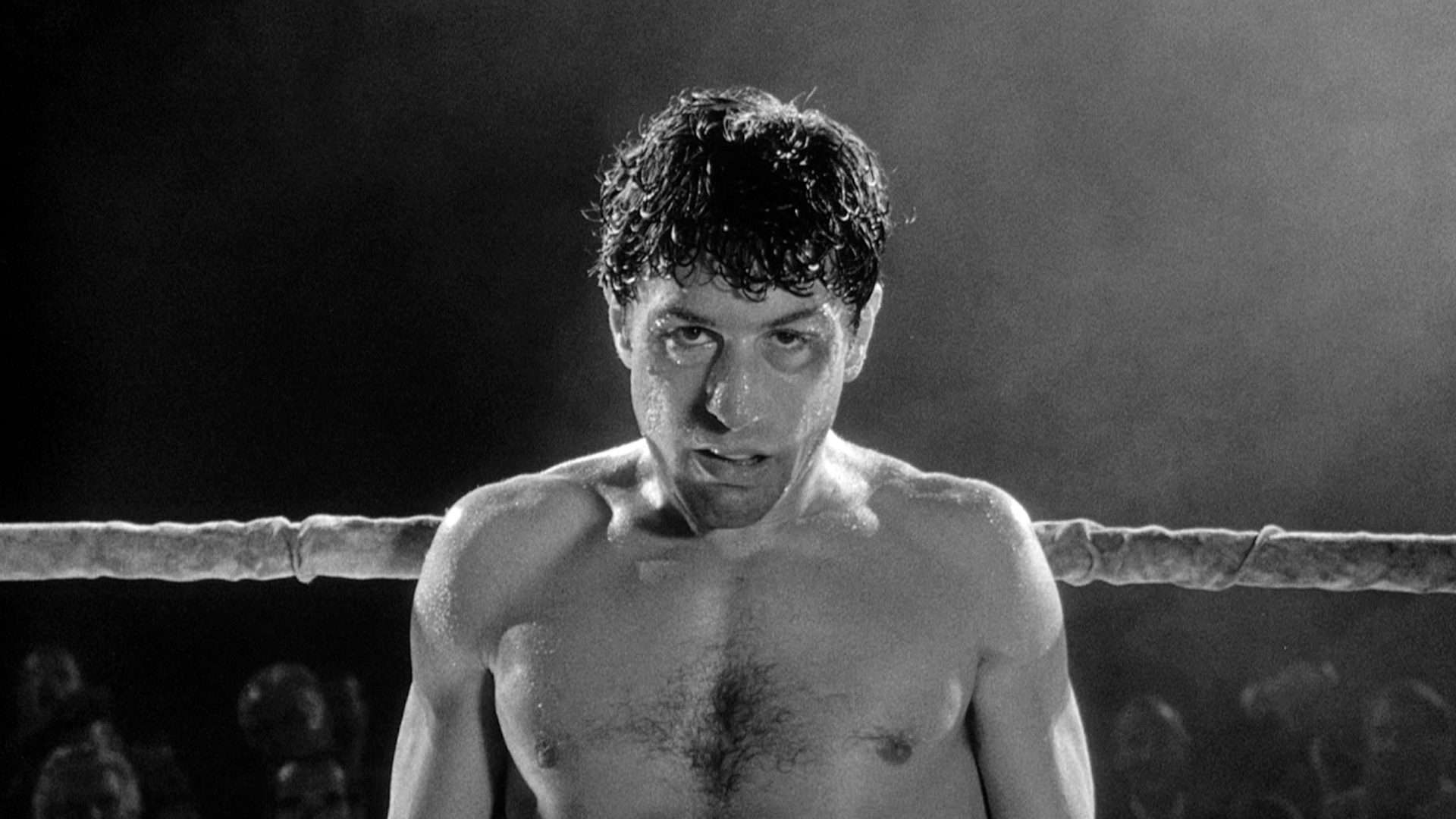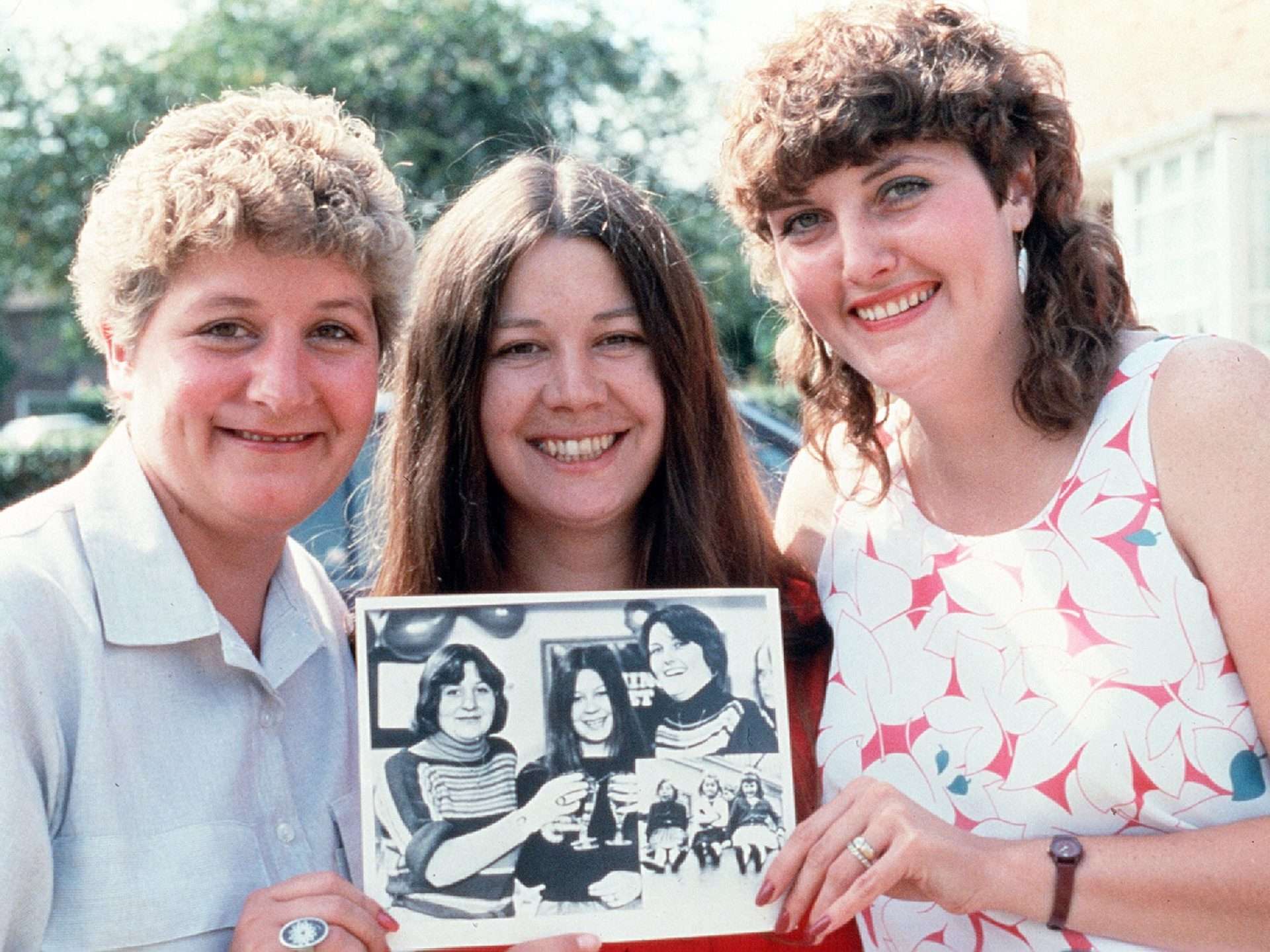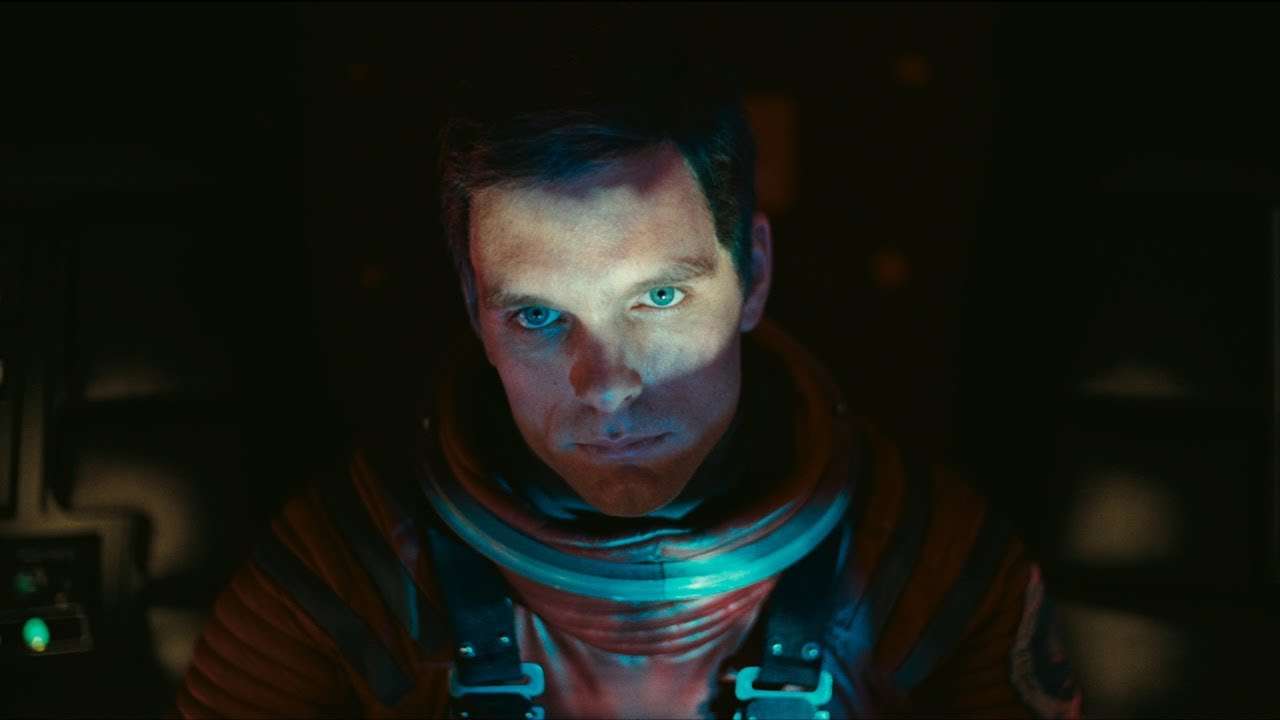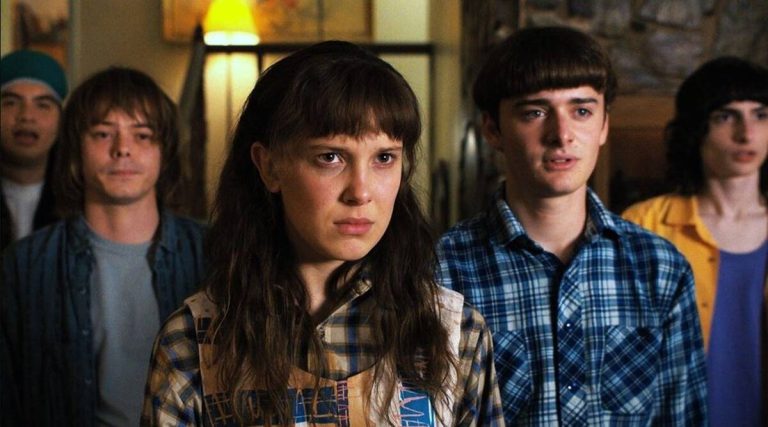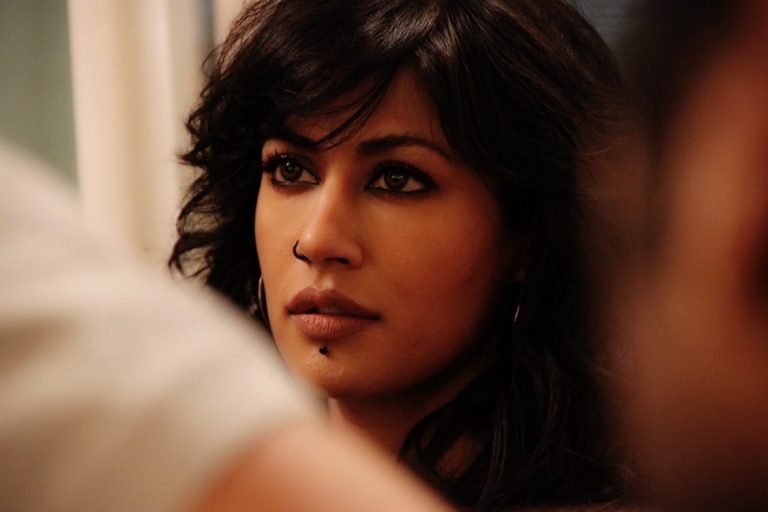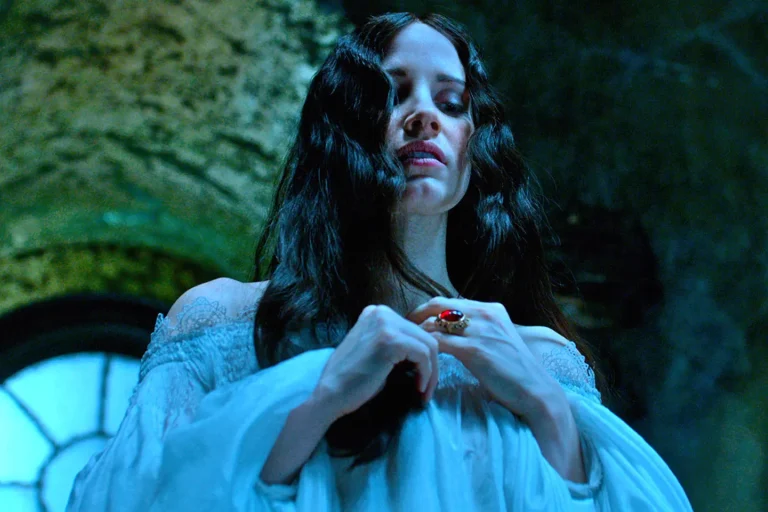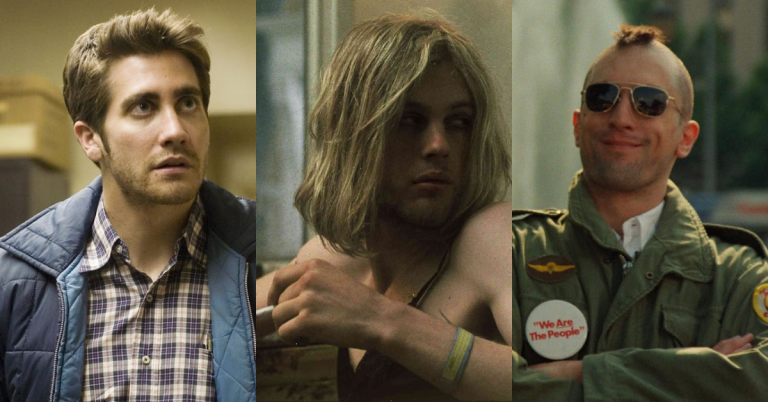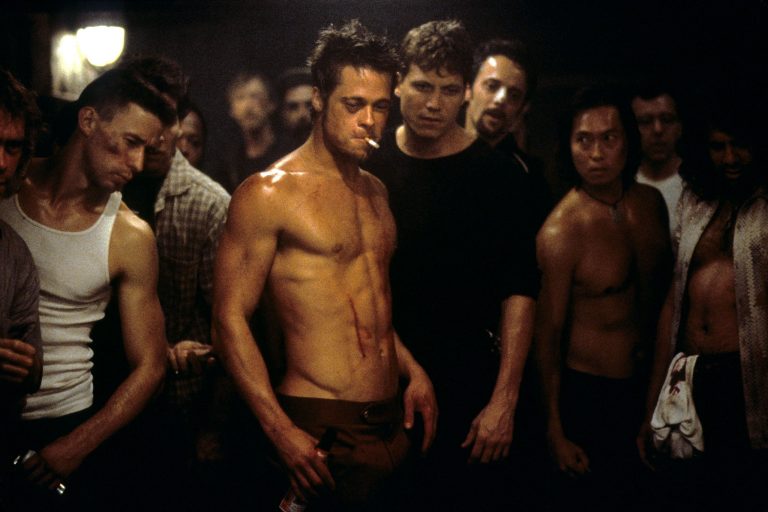Reading a series of Roger Ebert reviews in 2010 made me realize for the first time that film critics aren’t just people who tell us what to watch and what not to watch at movie theaters, but they are artists in their own right. They interpret films in ways others can’t. It’s because of film journalists that we pick the right movies and allow cinema to make us better as people. Roger Ebert left us at the age of 70 on April 4, 2013. Here are the 10 greatest films of all time, according to Roger Ebert.
“If I must make a list of the Ten Greatest Films of All Time, my first vow is to make the list for myself, not for anybody else.” – Roger Ebert.
1. Casablanca (1942)
“Seeing the film over and over again, year after year, I find it never grows over-familiar. It plays like a favorite musical album; the more I know it, the more I like it. The black-and-white cinematography has not aged as color would. The dialogue is so spare and cynical it has not grown old-fashioned. Much of the emotional effect of “Casablanca” is achieved by indirection; as we leave the theater, we are absolutely convinced that the only thing keeping the world from going crazy is that the problems of three little people do after all amount to more than a hill of beans.”
2. Citizen Kane (1941)
“There is a master image in “Citizen Kane” you might easily miss. The tycoon has overextended himself and is losing control of his empire. After he signs the papers of his surrender, he turns and walks into the back of the shot. Deep focus allows Welles to play a trick of perspective. Behind Kane on the wall is a window that seems to be of average size. But as he walks toward it, we see it is further away and much higher than we thought. Eventually he stands beneath its lower sill, shrunken and diminished. Then as he walks toward us, his stature grows again. A man always seems the same size to himself, because he does not stand where we stand to look at him.”
3. Floating Weeds (1959)
“Ozu was most Japanese in taking similar materials and working them again and again in subtly different ways, always in his own style. Like the Japanese printmakers of earlier centuries, he disliked novelty, and preferred variations on a theme. When you see his films, you feel in the arms of a serenely confident and caring master. In his stories about people who live far away, you recognize, in one way or another, everyone you know.”
4. Gates of Heaven (1978)
“In one remarkable unbroken shot, a grieving pet owner delivers a long speech about the death of her dog and the measures she recommends to other pet owners, and when she gets to the very last word, her husband interrupts to pronounce it with bleak finality: “Neutered.” This is the kind of perfect moment that cannot be written and cannot be anticipated; it can only be filmed as it happens. When I am asked to lecture and show a film, I often bring “Gates of Heaven.” Afterward, the discussions invariably rage without end: Is he making fun of those people? Are people ridiculous for caring so much about animals? The film is a put-on, right? It can’t really be true?”
5. La Dolce Vita (1960)
“When I saw the movie around 1980, Marcello was the same age, but I was 10 years older, had stopped drinking, and saw him not as a role model but as a victim, condemned to an endless search for happiness that could never be found, not that way. By 1991, when I analyzed the film a frame at a time at the University of Colorado, Marcello seemed younger still, and while I had once admired and then criticized him, now I pitied and loved him. And when I saw the movie right after Mastroianni died, I thought that Fellini and Marcello had taken a moment of discovery and made it immortal. There may be no such thing as the sweet life. But it is necessary to find that out for yourself.”
Also, Read: 10 Best Films of Federico Fellini
6. Notorious (1946)
“So many movies have ended in obligatory chases and shoot-outs that the ability to write a well-crafted third act has almost died out. Among its many achievements, “Notorious” ends well. Like clockwork, the inevitable events of the last 10 minutes take place, and they all lead to the final perfect shot, in which another Nazi says to Sebastian, “Alex, will you come in, please? I wish to talk to you.” And Alex goes in, knowing he will never come out alive.”
7. Raging Bull (1980)
“Raging Bull” is the most painful and heartrending portrait of jealousy in the cinema–an “Othello” for our times. It’s the best film I’ve seen about the low self-esteem, sexual inadequacy and fear that lead some men to abuse women. Boxing is the arena, not the subject. LaMotta was famous for refusing to be knocked down in the ring. There are scenes where he stands passively, his hands at his side, allowing himself to be hammered. We sense why he didn’t go down. He hurt too much to allow the pain to stop.”
Related Read: 15 Best Films of Martin Scorsese
8. The Third Man (1949)
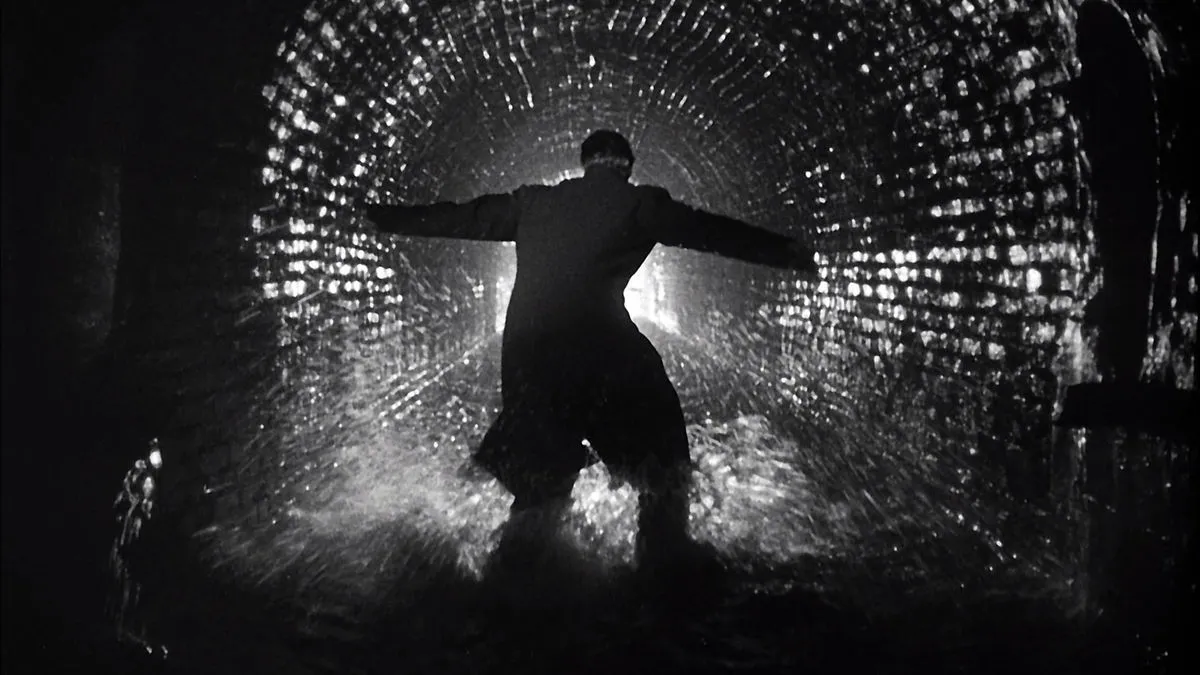
“Of all the movies I have seen, this one most completely embodies the romance of going to the movies. I saw it first on a rainy day in a tiny, smoke-filled cinema on the Left Bank in Paris. It told a story of existential loss and betrayal. It was weary and knowing, and its glorious style was an act of defiance against the corrupt world it pictured. Seeing it, I realized how many Hollywood movies were like the pulp Westerns that Holly Martins wrote: naive formulas supplying happy endings for passive consumption. I read the other day that they plan to remake “The Third Man.” Do you think Anna will cave in to Holly–or will she remain true to her bitter cynicism and unspeakable knowledge?”
9. 28 Up (1984)
“John Wayne is dead, but the angle of his smile and the squint in his eye will be as familiar to our children as it is to us. Orson Welles is dead, but a hundred years from now the moment will still live when the cat rubs against his shoe in “The Third Man,” and then the light from the window catches his sardonic grin. What is remarkable about “28 Up” is not, however, that the same individuals have been captured at four different moments in their lives. We quickly grow accustomed to that. What is awesome is that we can see so clearly how the 7-year-old became the adolescent, how the teenager became the young man or woman, how the adult still contains the seeds of the child.”
10. 2001: A Space Odyssey (1968)
“Only a few films are transcendent, and work upon our minds and imaginations like music or prayer or a vast belittling landscape. Most movies are about characters with a goal in mind, who obtain it after difficulties either comic or dramatic. “2001: A Space Odyssey” is not about a goal but about a quest, a need. It does not hook its effects on specific plot points, nor does it ask us to identify with Dave Bowman or any other character. It says to us: We became men when we learned to think. Our minds have given us the tools to understand where we live and who we are. Now it is time to move on to the next step, to know that we live not on a planet but among the stars, and that we are not flesh but intelligence.”

